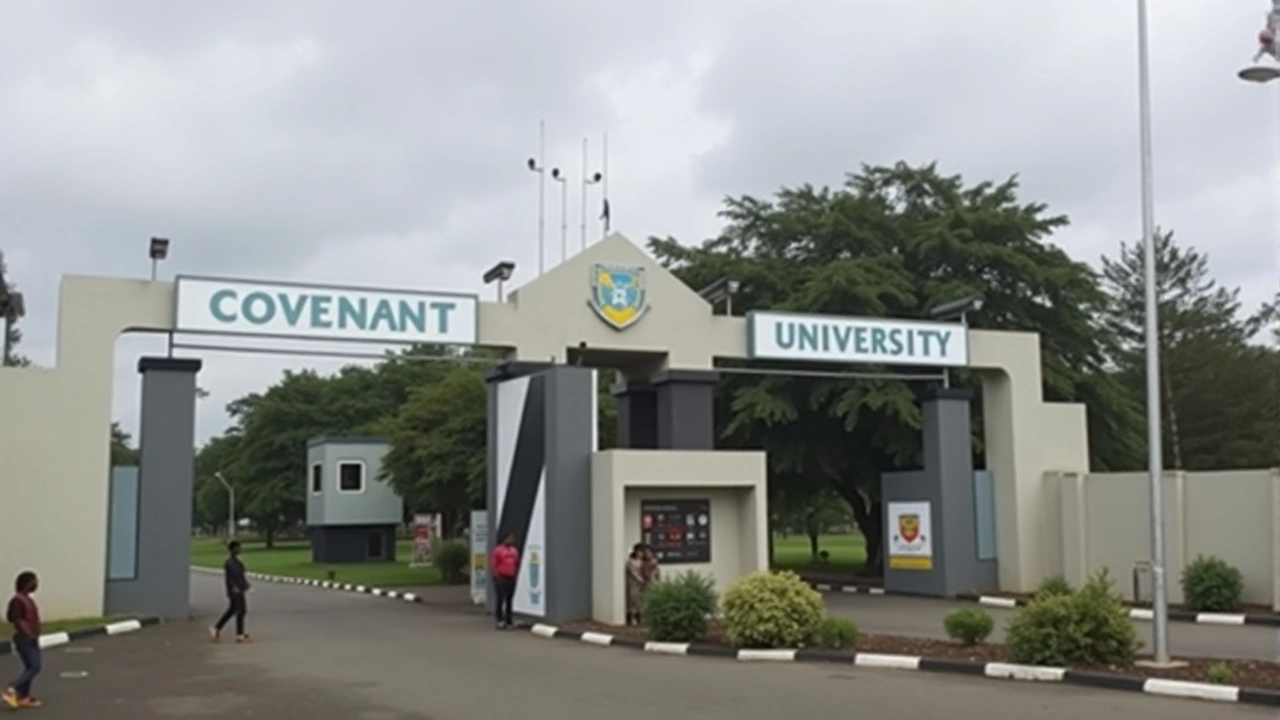University Rankings: How to Compare African Universities
Picking a university feels huge. Rankings can help you sort options fast, but they don’t tell the whole story. This page shows what rankings measure, which lists matter for Africa, and quick steps to pick the right program for your goals.
What top rankings actually measure
Major lists include QS, Times Higher Education (THE), and Shanghai (ARWU). There are also regional spots like QS Africa and Times Higher Education Africa. Each list uses different things: research output, citations, reputation surveys, teaching quality, international outlook, and industry links. Webometrics focuses on online presence and open access. No single list checks everything, so look at the methodology before you trust a rank.
For African universities, pay attention to research citations and regional reputation. A university might rank lower globally but lead in specific fields or community impact. If you want a course with strong local ties — like public health or agriculture — regional strength can matter more than global position.
How to read rankings the smart way
First, check the methodology: what do they weigh more—research or teaching? Second, look for subject or discipline rankings. A university that’s 300th overall could be top 50 in engineering or law. Third, compare multiple lists across two or three years to spot trends, not one-off jumps.
Practical filters to use: graduate employability, student-to-staff ratio, research citations per faculty, industry partnerships, and scholarships. Also check program accreditation and any recent regulatory news. For example, admission or program suspensions and changes — like the JAMB updates that affected some law programs — can change your options quickly.
Want quick checks? Search faculty profiles for recent publications, scan the department’s job placement page, and read student reviews on social media or campus forums. Reach out to alumni on LinkedIn to ask about their experience and job outcomes.
When comparing costs, include hidden expenses: housing, travel, lab fees, and exam costs. Scholarships and part-time work rules differ by country and university, so confirm what international and regional students can access.
Here’s a simple 3-step approach: 1) Pick your top two subject rankings across lists. 2) Check employability and scholarships. 3) Contact the department, ask about internships and recent graduate outcomes. That gets you usable answers fast.
Patio Pulse tracks African higher-education news, from ranking updates to admissions shifts and program suspensions. Use this tag to find relevant coverage, policy changes, and expert takes that affect choices on the ground. You’ll find reports, quick explainers, and alerts when things like JAMB registration dates change or law programs face reviews.
Browse the latest posts below and use the filters to focus on subject rankings or country-specific news. Got a question about a particular university or ranking? Send us a note—we’ll try to cover it in a short explainer you can use when deciding where to apply.

Covenant University Tops Nigeria’s Academic Scene in 2025 World Rankings
Keabetswe Monyake Oct 10 20Covenant University has been acclaimed as Nigeria's premier university in the 2025 Times Higher Education World University Rankings. This remarkable achievement highlights the growing prominence of this private institution on both a national and global scale. The ranking evaluates universities based on several indicators, with Covenant University emerging as a beacon of educational excellence among Nigerian institutions.
More Detail